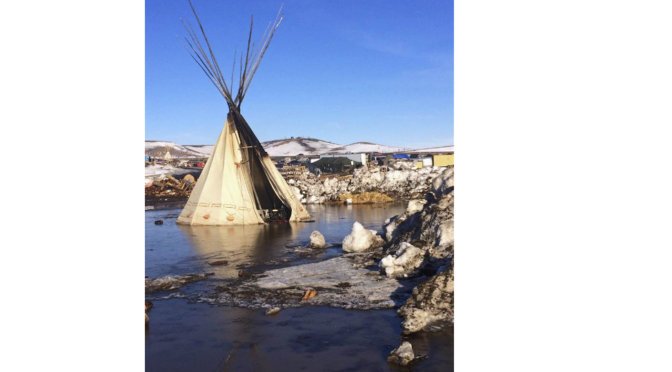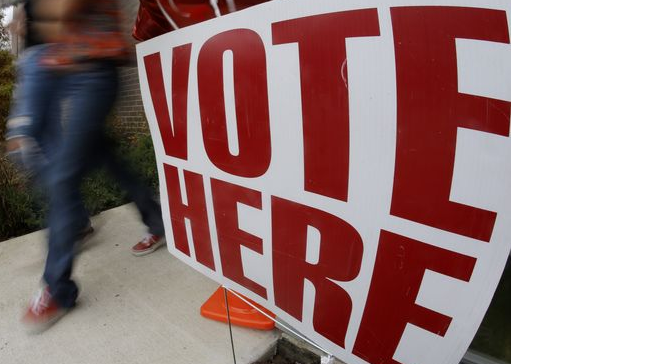Deborah Barfield Berry, USA TODAY10:22 p.m. EST January 29, 2016
WASHINGTON — Battles are being waged across the country over new voter ID laws and other election changes that have never before been tested in a presidential election.
National and local civil rights groups also have launched grass-roots efforts to fight state laws that they say could suppress voting by minorities and the elderly.
President Obama joined the cause in pledging during his Jan. 12 State of the Union Address to travel the country lobbying for steps to make voting easier.
“You’re going to see some ramping up of activism,’’ said the Rev. William Barber, president of the North Carolina NAACP. “The president is right, but everybody should be joining in that (effort).’’ Barber’s group will lead a voting rights rally Feb. 13 in Raleigh.
Some of the new state election laws require would-be voters to show specific forms of identification. Others cut back on the time period that voters can cast ballots early, or make it more difficult to register to vote.
Supporters of the laws say they protect against voter fraud. They say Obama and voting rights groups should leave the issue to states.
“It seems that the president is moving to … federalizing the way we handle elections,’’ said Mississippi Sen. Roger Wicker, chairman of the National Republican Senatorial Committee.
Fifteen states have enacted more restrictive election laws never before tested in a presidential election, according to the Brennan Center for Justice at New York University School of Law.
Those states — Alabama, Indiana, Kansas, Mississippi, Nebraska, New Hampshire, North Carolina, North Dakota, Ohio, Rhode Island, South Carolina, Tennessee, Texas, Virginia, and Wisconsin — account for 162 electoral votes of the 270 necessary to win the presidency.
Myrna Pérez, director of the Brennan Center’s Voting Rights and Election Project, said voters in some of those states, “are going to be voting in a presidential election with fewer federal protections than they’ve had in the last 50 years.”
In some states, new voting laws took effect soon after a 2013 U.S. Supreme Courtdecision nullifying a key provision of the 1965 Voting Rights Act. Under that provision, states and other jurisdictions with a history of voter discrimination — mostly in the South — had to obtain advance permission, or “pre-clearance,” from federal officials before making any changes to their election systems.
The new laws attracting the most attention were adopted by Republican-run state legislatures and focus on voter ID requirements. Thirty-three states have voter ID laws — some enacted many years ago — that will be in place on Election Day in November, according to the National Conference of State Legislatures.
Mississippi’s 2012 voter ID law didn’t hamper participation in last year’s governor’s race, according to Secretary of State Delbert Hosemann.
The law requires would-be voters to show one of 10 forms of photo ID. Eligible IDs include a driver’s license, a firearms license, a passport, and any state or federal government ID bearing a photo.
Hosemann said Mississippi is the only state that wasn’t sued by the Justice Department over its voter ID law, “because we did it right.’’
“President Obama doesn’t have to come here to talk about voter ID because that’s in our rearview mirror … We’re moving on,’’ he said.
Last week, Hosemann proposed an election law package that includes allowing people to register to vote online, a 21-day early voting period, tougher penalties for election-law crimes, and moving the state’s presidential primary up by a week to the first Tuesday in March. The package is expected to be part of legislation introduced next week.
“I’m just real pleased about where we’re going in Mississippi,’’ Hosemann said. “Right now it’s such a difference from where we were half a century ago.’’
Derrick Johnson, president of the Mississippi NAACP, which opposed the voter ID law, said the group continues to review complaints and monitor its implementation.
Read Full Article – http://www.usatoday.com/story/news/politics/2016/01/29/new-state-voting-laws-face-first-presidential-election-test/79534420/


